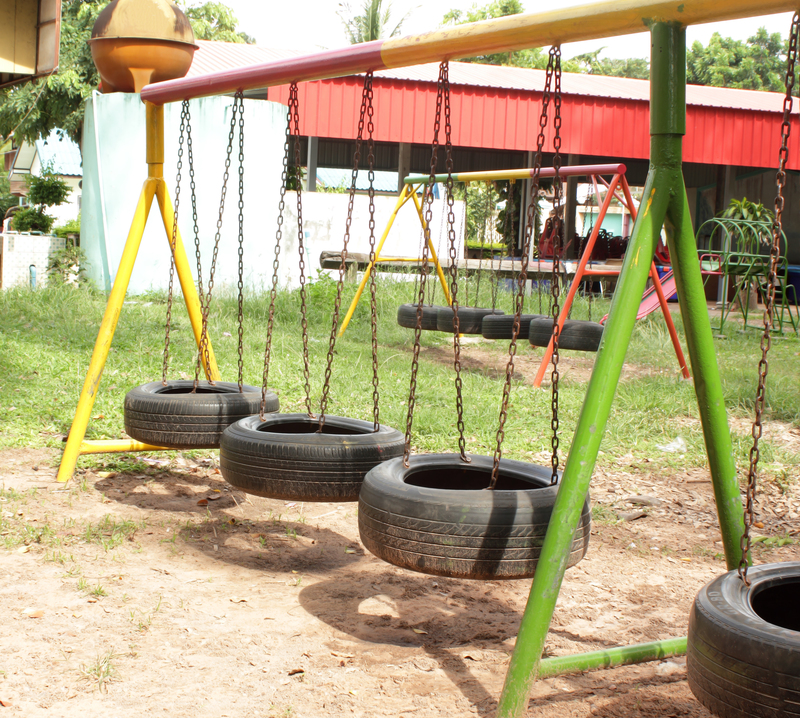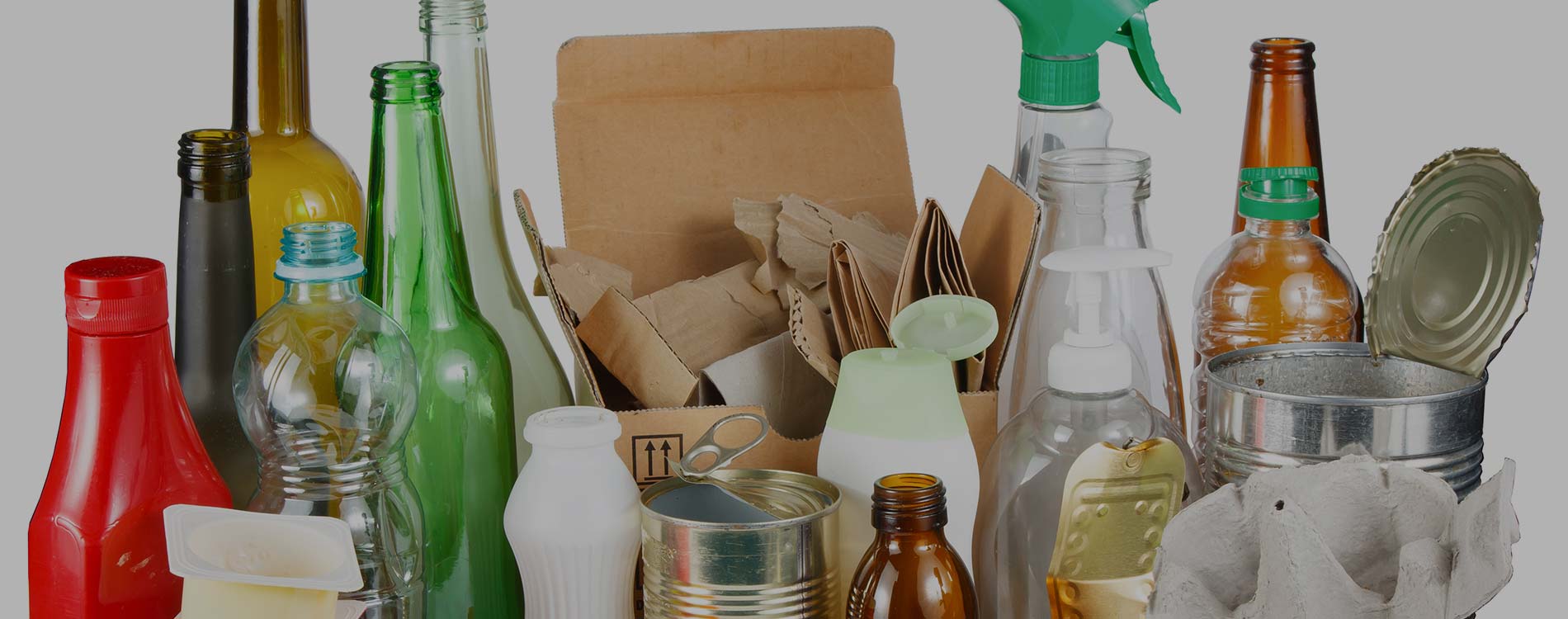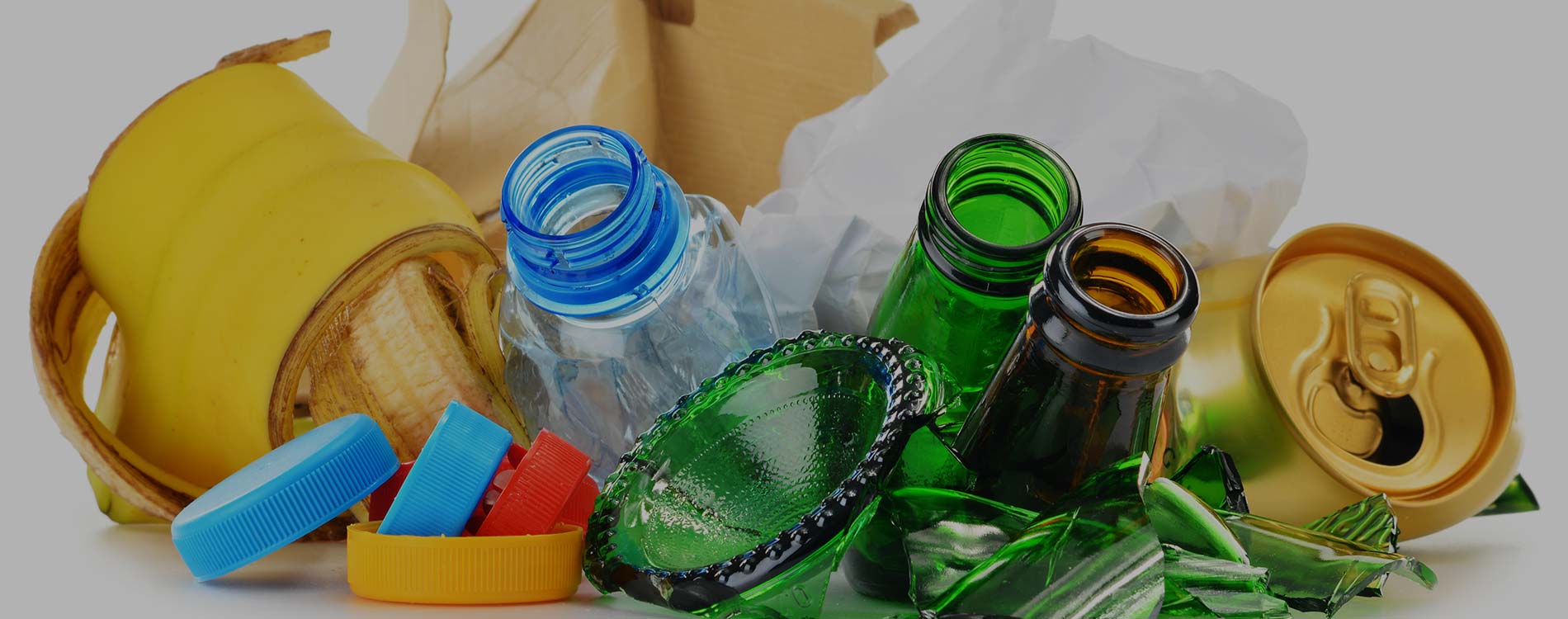Clean and Green: Strategies for Disposing Pots and Pans
Posted on 26/09/2025
Clean and Green: Strategies for Disposing Pots and Pans
Every kitchen enthusiast eventually faces the same question: what should you do with old, worn out, or damaged pots and pans? The answer isn't always as straightforward as tossing them in the trash. In today's eco-conscious world, it's important to dispose of household items like cookware responsibly to minimize environmental harm and promote sustainable living. This comprehensive guide explores eco-friendly strategies for disposing pots and pans and helps you make informed decisions for a cleaner and greener planet.

Why Proper Pots and Pans Disposal Matters
Improper disposal of cookware is a hidden contributor to landfill problems and environmental degradation. Many pots and pans--regardless of whether they are made from aluminum, stainless steel, cast iron, or non-stick materials--contain components that can leach toxins or do not decompose readily. Responsibly managing old pots and pans not only reduces landfill burden but also conserves resources through recycling and reuse. Read on to discover smart, eco-conscious options for disposing of your cookware.
Assessing Your Old Cookware: Is It Still Usable?
Before You Dispose: Repurpose, Donate, or Upcycle
The first step in responsible cookware disposal is to evaluate whether the pots and pans can still serve a purpose. Ask yourself these questions:
- Are the pots and pans structurally sound, with no dangerous cracks or severe warping?
- Is the coating (such as non-stick) flaking off, or is there significant rust?
- Do you simply no longer need them due to upgrades or kitchen changes?
Eco-Friendly Pots and Pans Disposal Strategies
1. Recycling Cookware: Materials and Methods
Recycling is one of the best ways to dispose of old pots and pans in an environmentally conscious way. The process depends on the material:
- Stainless Steel and Aluminum: These metals are highly recyclable. Remove any plastic handles or non-metal parts, rinse them clean, and take them to a local scrap metal recycling facility. Many municipal recycling centers accept metal cookware--check their websites for details.
- Cast Iron: Cast iron can also be recycled at scrap metal yards. Because of its weight and value, some centers may even pay you by the pound.
- Non-Stick (Teflon or Ceramic-Coated) Pans: Disposing of these requires caution. Most community programs don't accept non-stick pans due to the coatings. However, specialized recycling companies may separate the materials safely; check with local e-waste or hazardous waste facilities for options. Never place non-stick cookware in your curbside bin.
2. Donation: Give Pots and Pans a Second Life
If your cookware is in good working condition, consider donation:
- Charity Shops: Organizations like Goodwill, The Salvation Army, or local thrift stores usually accept gently used kitchenware. Ensure they are clean and free from major flaws.
- Community Centers or Shelters: Many shelters or community kitchens welcome donations of serviceable cookware.
- Online Buy Nothing Groups or Freecycling: Facebook groups, Craigslist, or Freecycle platforms can connect you with neighbors who might need kitchenware for free.
3. Creative Upcycling and Repurposing Ideas
With imagination, your old pots and pans can gain new life and purpose. Here are some innovative upcycling ideas:
- Planters: Drill holes for drainage and use cast iron or steel pans as quirky planters for flowers or herbs.
- Birdbaths or Feeders: Large pans work as shallow birdbaths; smaller ones can become feeders.
- Storage Solutions: Hang pans on the wall as rustic kitchen or garden storage baskets.
- Decorative Clocks or Art: Paint a pan creatively and add a clock kit for a unique timepiece.
- Serving Trays: Refurbish handles or add legs to large pans for use as trays.
4. Manufacturer Take-Back Programs and Retail Recycling
Many cookware companies are integrating sustainability into their practices. Some brands offer take-back or recycling programs--check their websites for details. Examples include:
- Calphalon's Recycle Program: Ship your non-stick pans for responsible recycling (may require purchase of new product).
- Local Retailers: Some kitchenware or hardware stores--such as Williams Sonoma or Sur La Table--organize cookware recycling events periodically.
5. Responsible Landfill Disposal (As Last Resort)
If no recycling or reuse options are available, responsible landfill disposal is sometimes necessary:
- Non-Recyclable Cookware: If pans contain composite materials you can't separate (like bonded plastics with metal), contact your municipal waste management department for advice on safe disposal.
- Hazardous Waste Programs: In rare cases, worn-out non-stick pans may be accepted during household hazardous waste days.
Troubleshooting: Special Cookware Disposal Concerns
Non-Stick Coatings: Teflon and Beyond
Non-stick pans, often coated with Teflon or ceramic, present a unique disposal challenge. Here's how to handle them:
- Never send non-stick pans to metal recycling without first checking protocol. The coatings may produce harmful fumes or complicate recycling.
- If unsure, contact your local recycling center or hazardous waste facility before disposal.
- Look for brand-specific recycling or specialized services that can process non-stick cookware safely.
- For ceramic non-stick pans without metal, check if your city has construction waste or ceramics recycling.
Glass, Ceramic, and Enamel Pots
These materials--like Pyrex or enamel-coated Dutch ovens--are not typically accepted in standard glass or metal recycling streams due to their unique chemical compositions. Consider:
- Reuse or Upcycle: Large ceramic dishes make excellent planters or kitchen storage bins.
- Donation or Community Exchange: If not cracked or chipped, donate to thrift stores or local sharing groups.
- Check with Local Facilities: Some areas accept ceramics in construction/demolition (C&D) recycling programs.
Cookware with Plastic or Wooden Handles
If possible, dismantle pots and pans and separate materials before recycling. Plastic handles often aren't recyclable, but metal bases usually are. Use basic tools to unscrew or pry off handles, then dispose of accordingly.
How to Make Your Cookware Last Longer
Eco-friendly cookware disposal starts with prevention. Longer-lasting pots and pans ultimately reduce environmental impact. Here's how to extend the life of your kitchenware:
- Follow Manufacturer's Care Instructions: Always read and obey user guides.
- Avoid Metal Utensils: Especially with non-stick or ceramic coatings.
- Hand-Washing: Even "dishwasher safe" pans last longer when washed by hand.
- Proper Storage: Avoid stacking heavy items on top of fragile or coated pans.

FAQs: Clean and Green Pot and Pan Disposal
Can I put old pots and pans in my curbside recycling bin?
Typically, no. Most curbside recycling programs do not accept cookware, even if it's metal. These facilities are set up for cans and bottles, not large or complex kitchenware. Always check with your local center or use a dedicated scrap metal yard.
Is throwing non-stick pans in the trash harmful to the environment?
Yes, if avoidable. Non-stick coatings (Teflon/PFAS) can leach chemicals into soil or air when incinerated or buried. Seek specialized solutions whenever possible, or participate in manufacturers' take-back/recycling programs.
Are there any companies that buy back old cookware?
While few companies pay outright, some manufacturers offer trade-in incentives or responsible recycling options. Certain scrap metal yards will weigh metal cookware and pay per pound, especially for valuable metals like copper or cast iron.
Conclusion: A Greener Kitchen Starts with Responsible Disposal
Whether you're parting with a beloved old skillet or a scratched-up saucepan, choosing the right disposal method makes all the difference. From recycling and donation to creative upcycling or managed discard, your actions can help limit landfill waste and promote a more sustainable world.
Looking for a clean and green way to dispose of pots and pans? Start with this article's strategies--and inspire your friends and neighbors to do the same!
Remember: Every act of responsible disposal adds up, bringing us one step closer to a healthier, less wasteful planet.
Quick Checklist: Eco-Friendly Pot and Pan Disposal
- Assess if your cookware is still usable for donation or reuse.
- Recycle metals at scrap yards, not curbside bins.
- Donate usable pans to charity or community groups.
- Upcycle as planters, storage, or art.
- Contact local authorities for advice on non-stick or composite pans.
- Choose landfill only as a last resort.
Do your part: Keep your kitchen--and the planet--clean and green!
Latest Posts
Discovering How Waste Has Been Managed Over the Ages
Transforming Plant Pot Disposal into an Eco-Friendly Practice
Community initiatives for recycling obsolete chargers
A Guide to Implementing Recycling in Educational Institutions

 020 3744 2205
020 3744 2205








